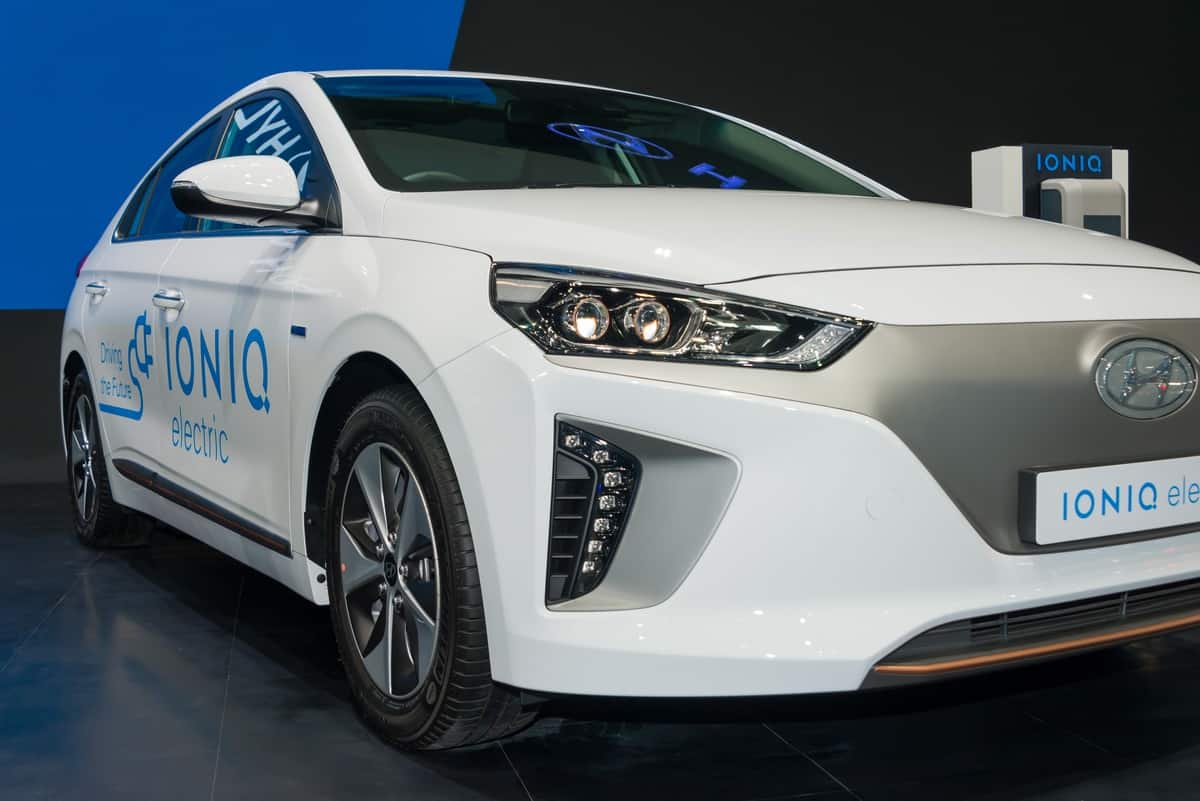South Korean legacy automaker Hyundai proudly announced Friday its advancement as the second fuel economy leader in the United States, just behind the electric vehicle market leader Tesla.
According to the press release, Hyundai increased its real-world fuel economy while reducing its CO2 emissions from 2017 to 2022.
Hyundai’s C02 emissions and fuel economy improvement
The Environmental Protection Agency’s (EPA) latest 2023 Automotive Trends Report revealed that Hyundai successfully lowered its CO2 emissions from 311 g/mi to 302 g/mi in the 2017-2022 period, enabling it to achieve the highest result out of all mainstream automakers.
Moreover, the South Korean brand also increased its real-world fuel economy rating to 29.1 MPG from 28.6 in the same timeline.
Hyundai Motor North America President & Chief Executive José Muñoz emphasized the significant role of the Automotive Trends Report in monitoring the automotive industry’s advancement towards sustainability, further expressing his delight about the company’s achievement.
“EPA’s Automotive Trends Report is an important barometer of the industry’s fuel economy progress, and we are proud that this year’s data reflects our ongoing efforts to offer a more efficient vehicle lineup. We are leading the way in reducing carbon emissions and increasing fuel efficiency for our customers by continuing the push toward electrification. We believe this is an important step in helping consumers reduce their environmental impact and we plan to continue growing our hybrid and electric vehicle sales in 2024.”
José Muñoz, Hyundai Motor North America President/Chief Executive and Hyundai Motor Company President/Global COO
Electrification efforts
Hyundai’s continuous electrification push enabled it to bring 10 electric vehicle offerings to the US market, including battery electric, plug-in hybrid, hybrid, and hydrogen vehicles.
Some of the most popular models in its US lineup include the award-winning IONIQ 5 and IONIQ 6 and the new Kona Electric.
Impressively, EVs accounted for a notable 7% of the company’s overall vehicle sales in 2023, indicating a 103% growth from the prior year.
Auto industry’s overall progress
The EPA report also acknowledged the progress of the entire automotive industry in the same period. It stated that new vehicle CO2 emissions and fuel economy ratings recorded their highest annual growth of the prior nine years.
The industry reportedly hit a new record in CO2 emission reduction and a new high in fuel economy improvement. In addition, preliminary data apparently implies that this remarkable development will persist with model year 2023 from 2022.
Excitingly, Hyundai Motor Company aims to launch at least 17 new BEVs worldwide and claim 7% of the global electric vehicle market by 2030.

